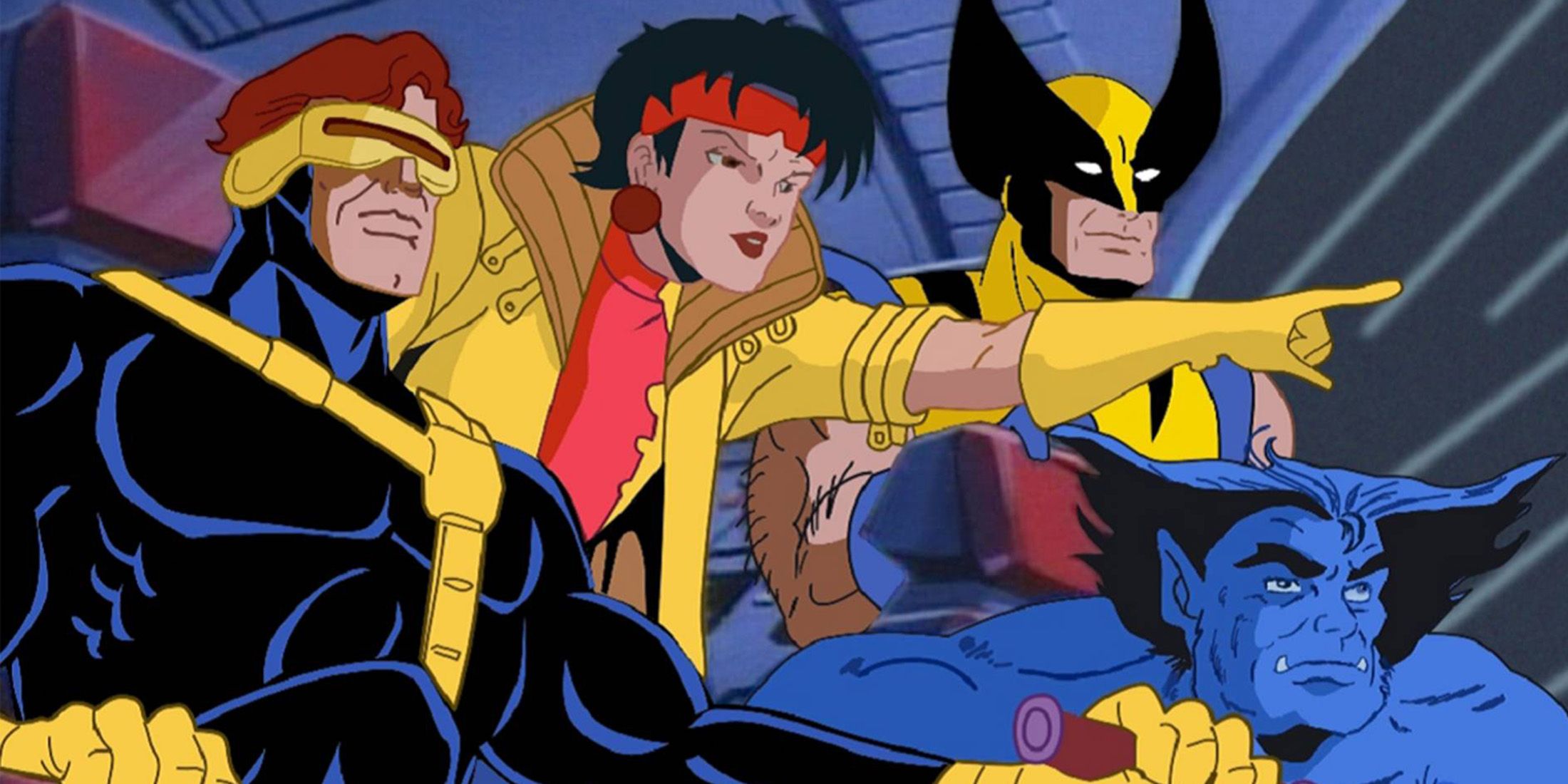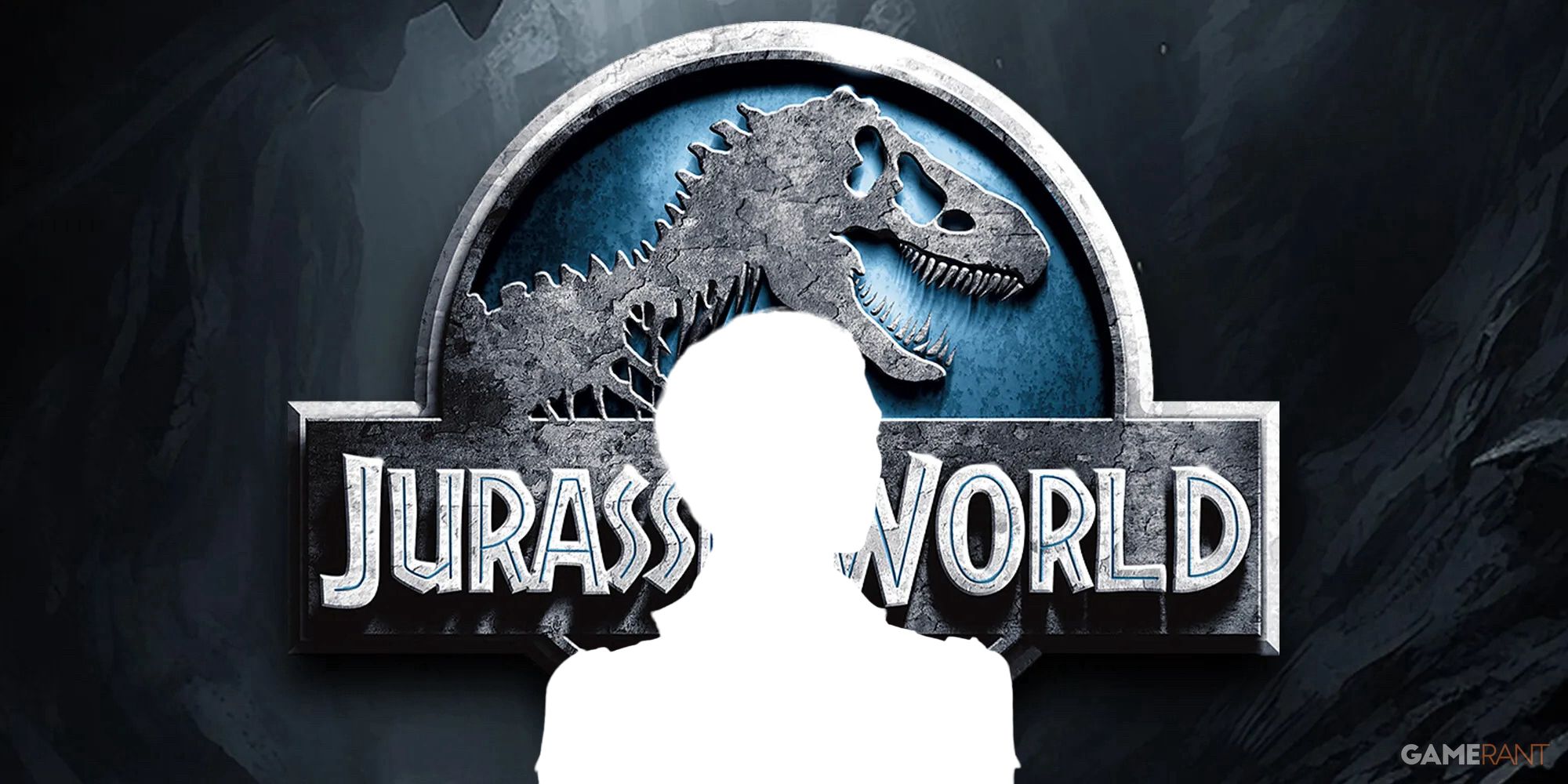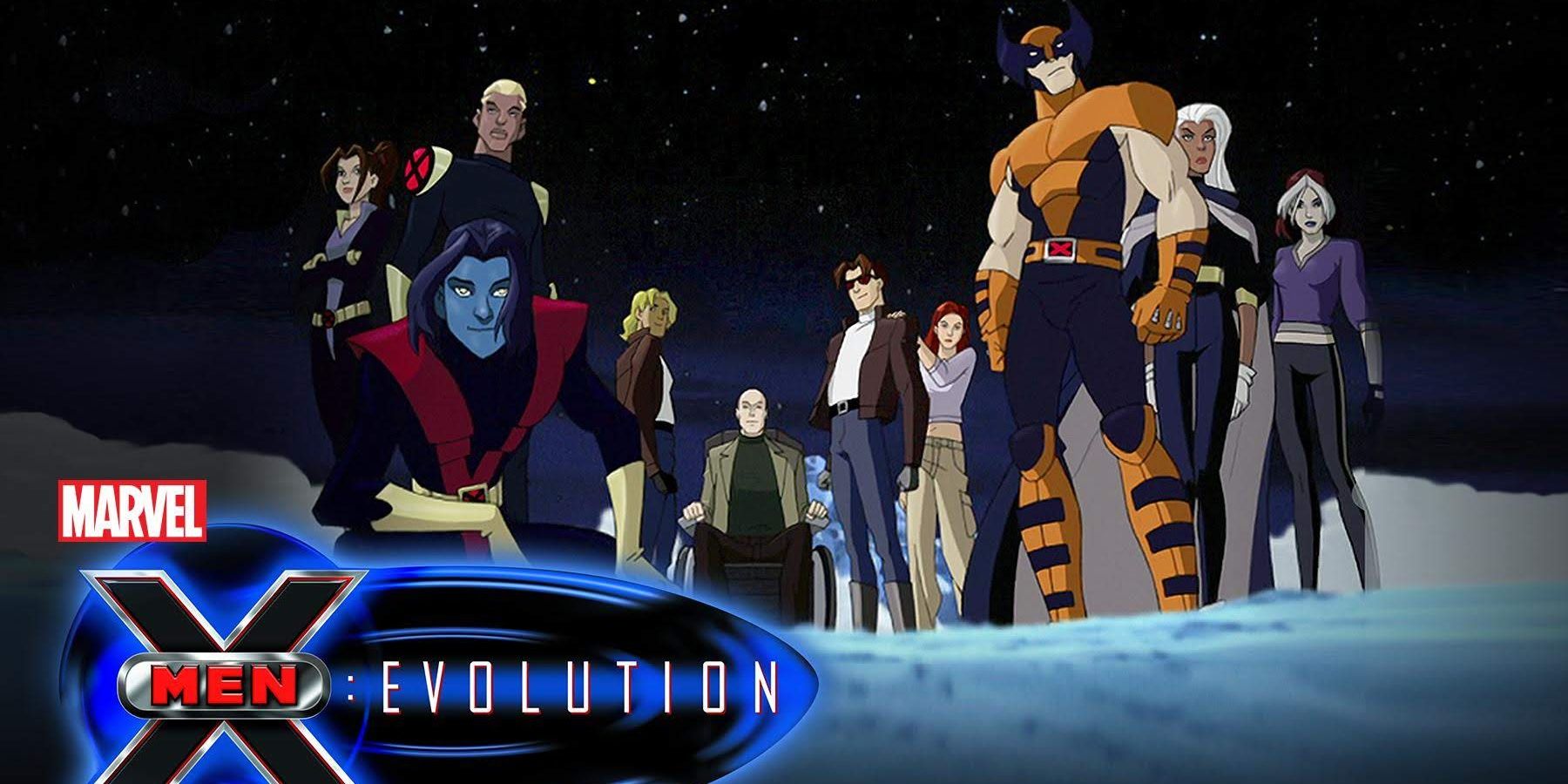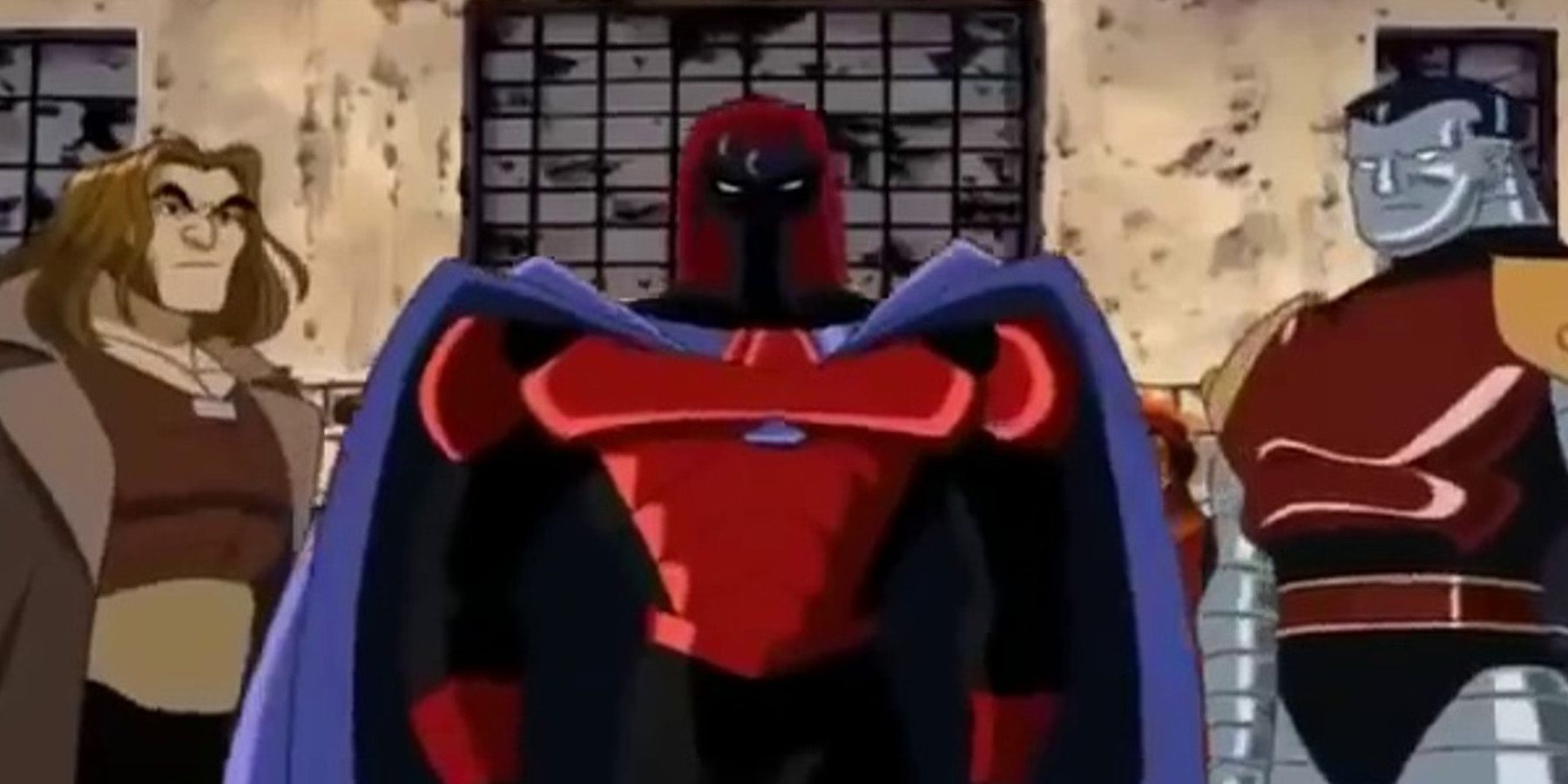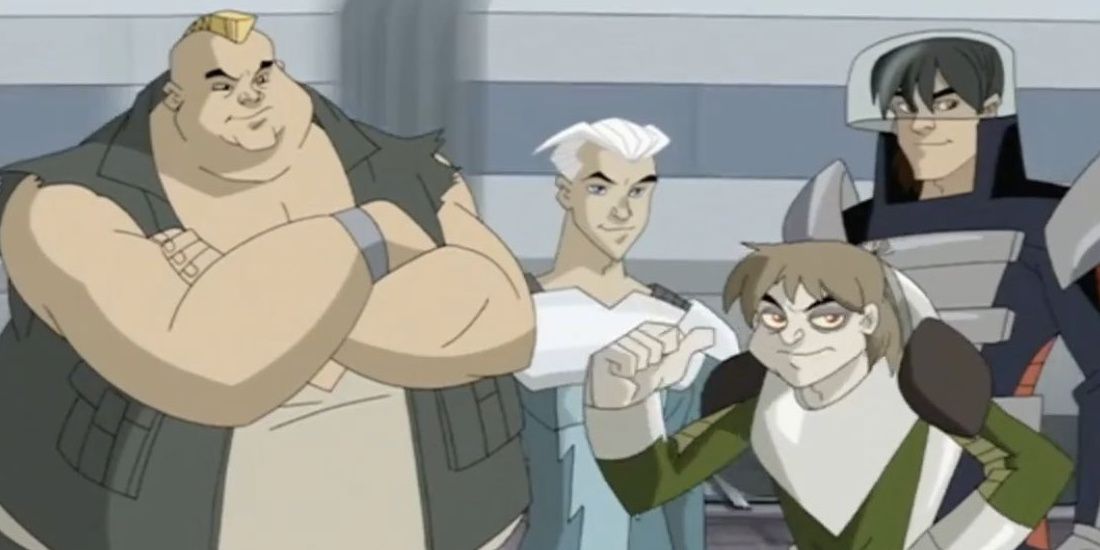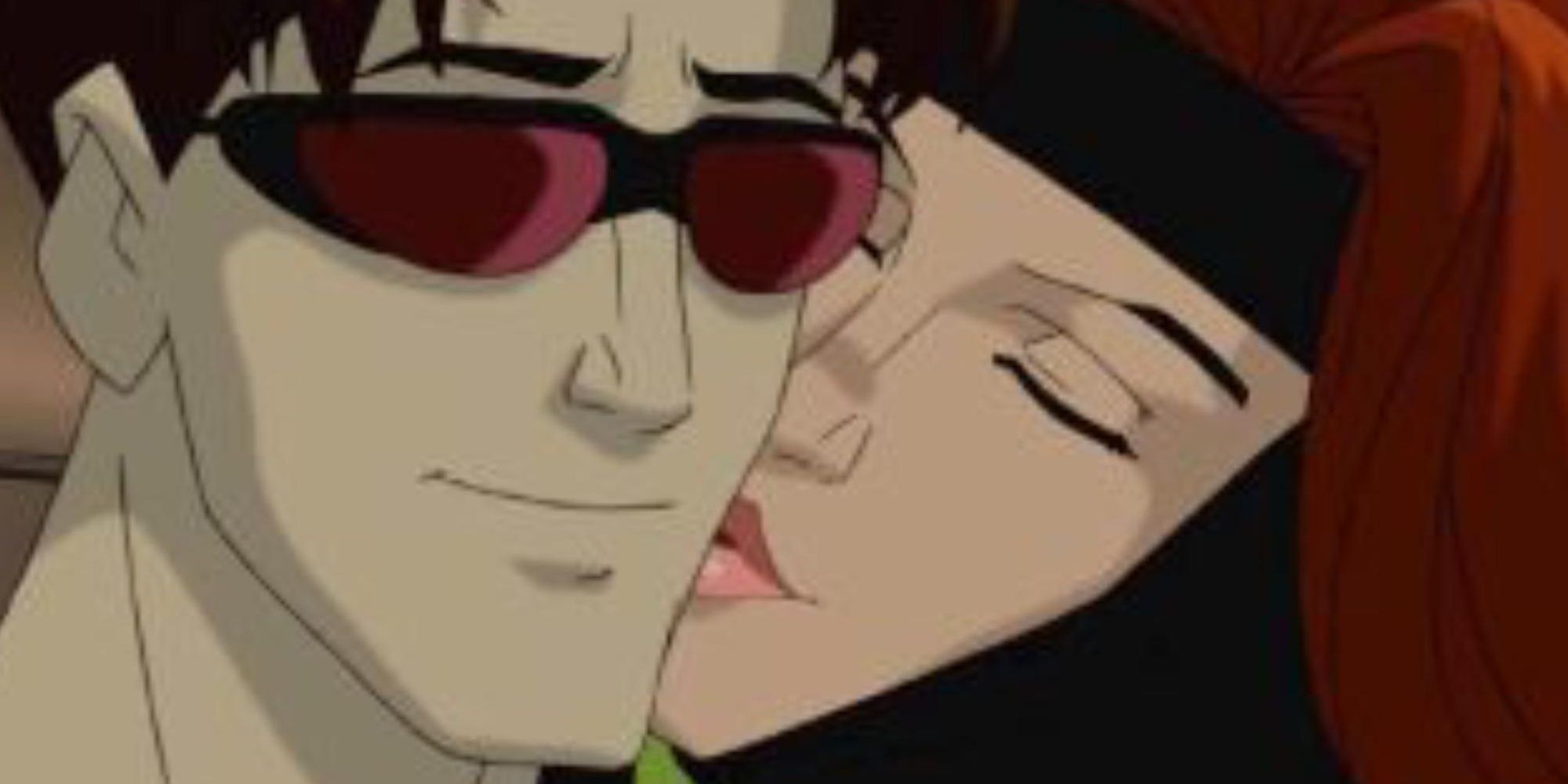Highlights
- X-Men: Evolution is a unique twist on the classic mutant format, featuring a younger generation of X-Men who are still learning to control their powers and navigate their place in the world.
- The show features thrilling and heartfelt episodes, delving into the personal struggles of the characters and their relationships. The rise of the villain Apocalypse poses a major challenge for the team.
- X-Men: Evolution differs from the original animated series by focusing on teenage characters and exploring themes of adolescence, identity, and societal judgment. It also introduces unique relationship dynamics and tackles tough topics like racism and homophobia.
There have been more than a few X-Men animated series over the years, leaving fans of almost every generation with a different version of the team to love. While most people fondly remember the nineties hit X-Men: The Animated Series, there is another show featuring the famous team that needs some more love. At the end of the day, there’s never anything wrong with some more stories featuring everyone’s favorite mutants.
The show in question is X-Men: Evolution, a fun and unique twist on the classic mutant format. The series began in the year 2000 and would only run for a handful of seasons up until its untimely cancelation in 2003. Despite it having fewer episodes than the classic X-Men cartoon, X-Men: Evolution has managed to stand out among all X-Men media as one of the most creative and at times derivative.
What Is X-Men Evolution About?
X-Men: Evolution tells the familiar story of the super-powered mutant team known affectionately as the X-Men. Instead of a team filled with adults, many of the members of the X-Men are actually of high school age including characters like Cyclops, Jean Grey, Rogue, Kitty Pryde, and an original character known as Spyke, though others like Wolverine and Storm remain as mutant instructors for the kids. The overall story follows the young mutants while they try to understand their powers and what their place in the world might be as they remain in close proximity to ordinary people. Of course, the X-Men are constantly at odds with the Brotherhood Of Mutants among many other even greater threats as they go through school.
The show opens by establishing the main cast of mutants and mainstay villains, all of which continue to play a role throughout the series. The early episodes of X-Men: Evolution go a long way in making sure the viewer feels connected to each and every member of the team while also making what drives them and makes them unique clear. Their struggle against the Brotherhood Of Mutants exists in some form throughout the show, even when the show adds in even more classic X-Men characters. It may come as a surprise, but the show does a great job of setting up some unique relationship dynamics throughout including the love triangle between Cyclops, Jean Gray, and Rogue, and the surprise dynamic between newcomer Spyke and Storm.
X-Men: Evolution has some of the most thrilling and heartfelt episodes of any of the X-Men shows, as many of the characters that the viewers learn to love go through their hardest personal moments throughout. Some of these moments are so personal that they cause members to think about leaving the team, and in some cases, follow through on that line of thought. It should be no surprise that one of the major villains of the show is Apocolypse, something that any X-Men fan will know is not a good thing for the heroic mutants. The all-powerful and ancient mutant proves his dominance over the team, something that leads into the final season where the team struggles to pick up the pieces and regroup to defeat him.
How Many Seasons Of X-Men Evolution Are There?
X-Men: Evolution boasts four fantastic seasons of television for X-Men fans of any age. Much of the first two seasons are set up in such a way that they feel like a monster of the week format, but instead of monsters, it’s new potential members of the team or the Brotherhood of Mutants. Viewers get to spend a lot of time getting to know this younger iteration of the team during the early episodes, something that really pays off when you get into seasons three and four. Season three dives into how society views mutants and begins the rise of Apocolypse and much of the final season sees the team struggling to find a way to defeat a mutant that seems unstoppable.
How Is X-Men Evolution Different From The Original Animated Series?
The biggest thing that sets X-Men: Evolution apart from the original X-Men: The Animated Series is the different ages of the characters and some of the subject matter that the series decided to focus on. Taking the classic mutants back to their teenage years, there is a lot more emphasis on how young the characters are and how they have yet to master their immense powers. Characters like Rogue will be almost unrecognizable to fans of the original animated series due to just how different she is and how much she struggles with her powerful and dangerous abilities. It’s also interesting to see classic characters who have always felt much more adult, become a bit more naive and uncertain in each decision.
The relationships between all the characters and the team dynamic that exists within X-Men: Evolution is also fantastic, and some might actually prefer the unique twists this series has on some familiar relationships from the original cartoon. This series doesn’t only have a somewhat sad love triangle, but it also sees X-Men member Kitty Pryde going behind enemy lines to start a relationship with Brotherhood Of Mutants member Avalanche. The choice to make all the characters teenagers goes a long way in keeping things interesting as the viewer never truly knows who will make what decision thanks to how unique each of the characters can feel from their most known portrayal in the comics.
Considering a major part of the X-Men mythos is seeing the team learning to deal with the way that they’re treated by society, putting a portion of the team in high school was a stroke of forgotten genius. The cast is not only struggling to understand what is happening to their bodies and to what extent their powers can be stretched, but they’re also struggling to not be judged by their peers. Rather than shying away from subject matter that works as an allegory for tough topics like racism, homophobia, xenophobia, and so on for a kid's show, the series moves right in and makes how the kids are perceived by others a key component of the show.
X-Men Evolution is available to stream on Disney+

